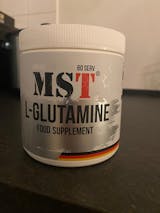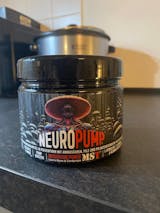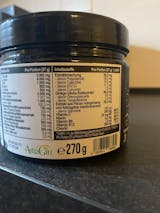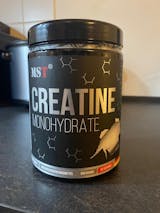What is Omega-3?
Omega-3 fatty acids are essential polyunsaturated fats that play a crucial role in many physiological processes. Since the human body cannot synthesize them independently, they must be obtained through diet or supplements. This article presents scientific studies confirming the benefits of Omega-3 and provides recommendations for optimal intake.
Proven Benefits of Omega-3
Omega-3 fatty acids affect various bodily systems, and numerous studies confirm their significance.
-
A 2018 study found that Omega-3 may have positive effects on blood pressure, particularly in individuals with hypertension.
-
A 2019 study examined the relationship between Omega-3 intake and maintaining normal blood glucose levels.
-
A 2020 review analyzed the effects of Omega-3 on joint function and its potential role in maintaining mobility.
-
A 2021 study demonstrated that Omega-3 plays a role in regulating inflammatory processes and immune function.
Scientific studies show that Omega-3 fatty acids participate in multiple biological processes:
-
A 2020 meta-analysis established that Omega-3 intake is associated with cardiovascular function support and a healthy blood lipid profile.
-
A 2021 study investigated the impact of Omega-3 on cognitive functions and its potential role in supporting brain health.
-
A 2019 systematic review explored the anti-inflammatory properties of Omega-3 and their importance in physiological balance.
Sources of Omega-3
There are three main types of Omega-3 fatty acids:
-
Eicosapentaenoic acid (EPA) and docosahexaenoic acid (DHA) – found primarily in fatty fish such as salmon, mackerel, and sardines.
-
Alpha-linolenic acid (ALA) – present in plant-based sources such as flaxseeds, walnuts, and chia seeds.
How to Take Omega-3?
-
Dosage: The recommended daily intake varies based on individual needs. General guidelines suggest 250–500 mg of combined EPA and DHA per day.
-
Form of Intake: Omega-3 is best absorbed when taken with a fat-containing meal.
-
Duration of Use: Studies indicate that noticeable effects may appear after several weeks of regular intake.
Where to Buy High-Quality Omega-3 Supplements?
When selecting Omega-3 supplements, it is important to consider their origin, purity level, and concentration of active components. High-quality products undergo independent laboratory testing for heavy metals and other contaminants. MST Nutrition offers verified Omega-3 supplements containing an optimal ratio of EPA and DHA for maximum bioavailability.
If you are looking for a reliable source of Omega-3, consider MST Nutrition products. These are certified supplements that guarantee high quality and compliance with modern standards.
For customers in Europe: MST Nutrition (Germany) For customers in the United Kingdom: MST Nutrition (UK)
Product Description: MST® Omega-3
-
High Purity: Each capsule contains a concentrated dose of essential Omega-3 fatty acids.
-
Quality Control: The product undergoes independent testing for purity and safety.
-
Optimized Absorption: Designed for effective digestion and bioavailability.
-
Convenient Form: Easy-to-swallow softgel capsules.
Conclusion
Omega-3 fatty acids are essential for a balanced diet and supporting various biological functions. Scientific research continues to validate their importance, and high-quality supplements such as MST® Omega-3 provide a reliable way to optimize intake.
Sources
















